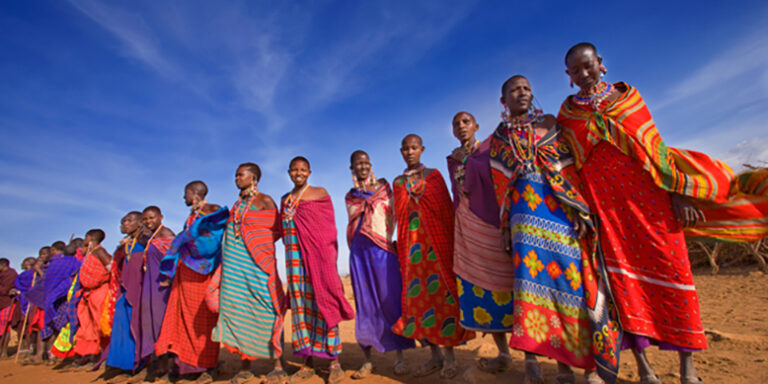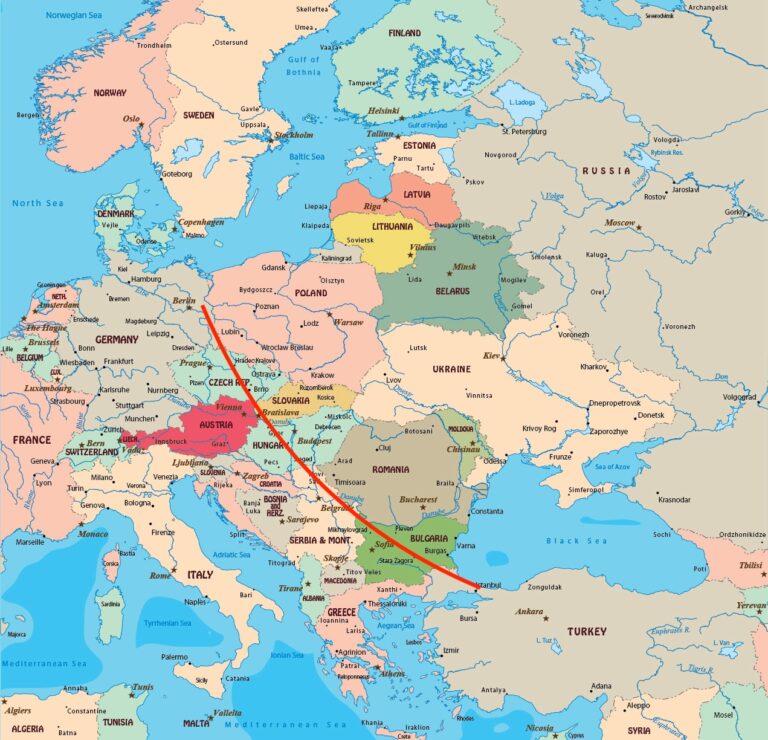- On January 14, TANAPA rangers stormed a village outside of Tarangire National Park, shot several Maasai villagers, arrested eight, and seized over 800 cattle.
- On January 18, the Tanzanian government announced a devastating new plan to forcibly remove 100,000 Maasai pastoralists from the Ngorongoro Conservation Area (NCA).
- In recent weeks, TANAPA rangers also intensified harassment of communities living outside of Ruaha National Park (RUNAPA) despite an ongoing investigation by the Inspection Panel of the World Bank.
- With this escalation in evictions, violence, and livelihood restrictions, impacted communities have put out a desperate call for immediate action and support.
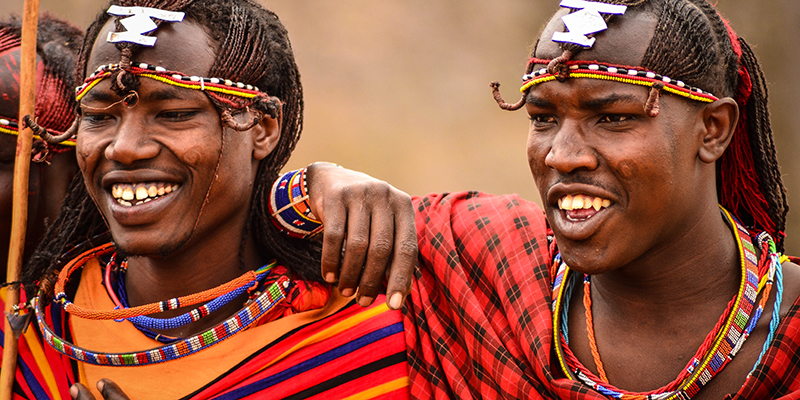
2024 has started with the Tanzanian government escalating its brutal campaign against Indigenous and local communities living near Protected Areas (PAs) around the country. Impacted villagers are sounding the alarm that their rights to land and life are under siege from a government focused on increasing revenues from safari tourism and hunting at any cost.
Simanjiro District
On January 14, TANAPA paramilitary rangers opened fire and shot several Maasai herders in Kimotorok village in Simanjiro District, outside of Tarangire National Park. Eight people were arrested and over 800 livestock seized. These incidents happened just a year after over 3,000 cattle were seized outside of the park and sold at an auction.

On January 18, the government announced that it will change the legal status of the NCA and no longer permit any human settlement. This drastic move would forcibly remove approximately 100,000 people – primarily Maasai pastoralists – against their will. The government has set the goal(link is external) of evacuating 20,000 people by March 2024.
”
The government’s plan to move the Maasai away from the NCA is deeply flawed. As exposed by the Oakland Institute’s field research, relocation sites not only lack adequate water and grazing land, but the existing residents are being driven out to make way for those relocated – creating conflict.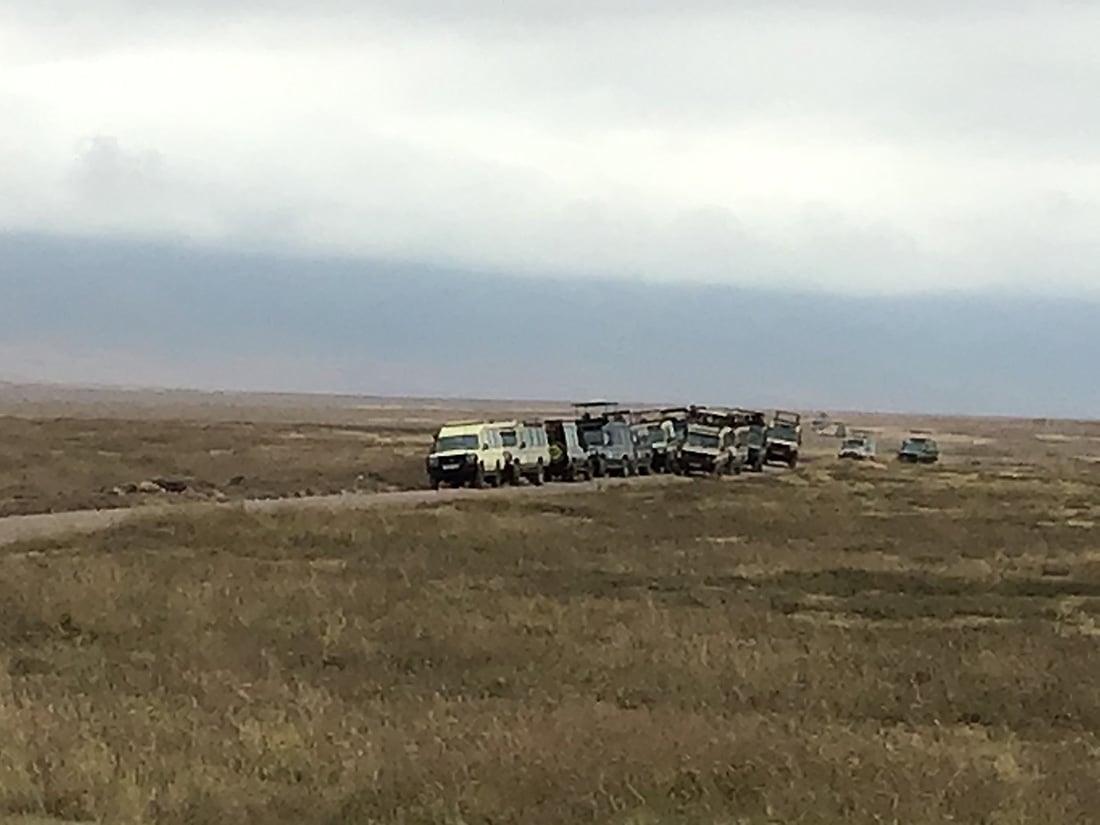 Safari tourists gathering in large crowds in the NCA
Safari tourists gathering in large crowds in the NCA
Ruaha National Park
In Southern Tanzania, government efforts to force people from their villages for the expansion of Ruaha National Park (RUNAPA) have intensified since the start of the year. TANAPA rangers have seized farming equipment and fertilizer to stop people from cultivating their land during the onset of the rainy season. To seek an end to this oppression, communities filed a case in the regional East African Court of Justice in December 2023.
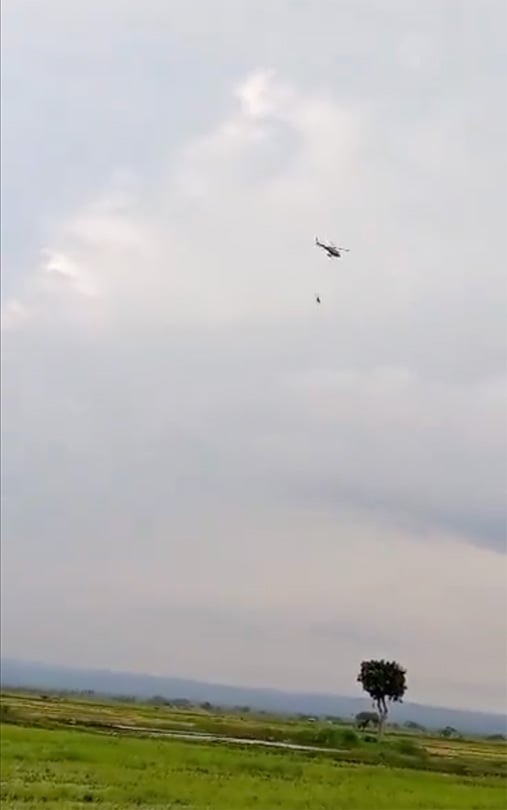
The expansion of RUNAPA is enabled by funding from the World Bank. The 2023 Oakland Institute report Unaccountable & Complicit exposed how tens of thousands of Indigenous and local communities face evictions while Bank-funded rangers are accused of murder, rape, and other shocking violence. The recommendation from the World Bank’s Inspection Panel to investigate the project was approved by the Bank’s Board of Executive Directors in November 2023, following the Institute’s request for inspection(link is external) on behalf of impacted villagers.
“The intensification of violence and evictions by the government coincide with the launch of the World Bank investigation. Approximately US$100 million out of the total US$150 million has been already disbursed to the project. It looks like instead of pressuring the government to stop its abuses, the launch of the investigation has led the government to intensify its plan for widespread evictions, letting TANAPA rangers continue their violence with impunity,” said Andy Currier, Policy Analyst at the Oakland Institute.
Impacted villagers are calling on the World Bank and its donors to freeze the financing of the REGROW project during the IP investigation that is expected to be completed by July 2024.
International Community Must Take Action
The new eviction announcement, livelihood restrictions, and rampant violence by TANAPA rangers –unleashed across the country – is a clear escalation of violence by the Samia Suluhu government. In complete disregard of past condemnation of these abuses by African and international human rights bodies, the government has intensified its efforts to further repress Indigenous communities living near PAs.
“Devastating plans that are destroying the lives of the Indigenous Maasai and other communities have nothing to do with conserving the environment but everything to do with greed,” said Anuradha Mittal, Oakland Institute’s Executive Director. The government aims to attract(link is external) five million visitors annually to generate US$6 billion from the tourism sector by 2025. “In the North of Tanzania, the Maasai communities have made clear that they will not leave the lands they have stewarded for generations. Despite the threat of arbitrary arrest and detention, thousands of courageous Maasai land defenders continue to protest and speak out against the eviction plans – showing the world they will not give up their struggle,” Mittal added.
Impacted communities in Tanzania are calling for international support. “As donors of the Tanzanian government, you are positioned to rescue the life, livelihoods, and culture of our people. You can either be silent and complicit, or take a stand for justice, dignity, and human rights.”
“How many more people must lose their lands, their children, their future before the international community takes real action and holds the government to account?” Mittal concluded.

